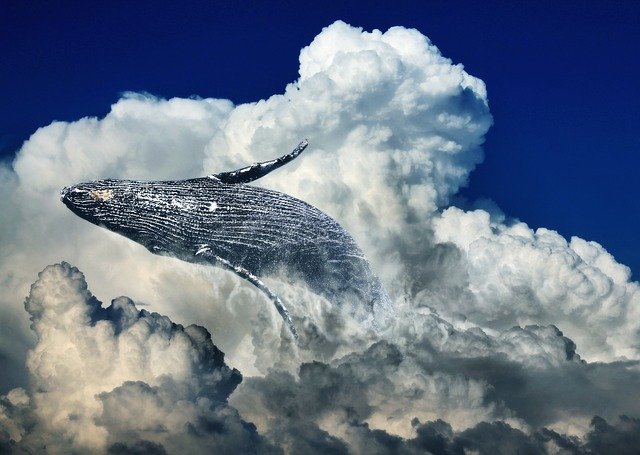The 7 Stages of Artificial Intelligence (AI): From Code to Consciousness

AI is universal and rapidly advancing its technology. Therefore, the burning question on everyone's mind is: What comes next?
This article will provide a comprehensive overview of AI's seven stages, from its inception to the mind-boggling concept of consciousness.
So, in which stages are we currently situated? Let's take a fun ride through AI's evolution, from its baby steps to the mind-bending idea of consciousness.
</> Stage 1: Rule-Based AI Systems
- Follow fixed rules and algorithms.
- Best for tasks with clear regulations but can't learn or adapt.
- Example: Chatbots.
</> Stage 2: Context Awareness and Retention
- Understand and remember the context.
- This leads to more interactive experiences.
- Example: Siri, Google Assistant.
</> Stage 3: Domain-Specific Mastery
- Excel in a specific field, like IBM's Watson on Jeopardy
- Deep understanding and excellent decision-making.
- Sometimes better than humans.
</> Stage 4: Thinking and Reasoning AI Systems
- Think and reason like humans using advanced techniques.
- Solve complex problems and generate creative ideas.
- Example: ChatGPT 4.
</> Stage 5: Birth of Artificial General Intelligence (AGI)
- Reach human-like intelligence across tasks.
- Understand human emotions and possess self-awareness.
- Could revolutionize industries.
- Several companies are currently engaged in this project. However, they have -not disclosed any updates to the public.
</> Stage 6: Artificial Super Intelligence (ASI)
- During this stage of development, AI will surpass human thinking and abilities. They will become more like humans but without the possibility of errors.
- Raises ethical concerns and control issues.
- It can solve the problems that humans are unable to solve.
</> Stage 7: The AI Singularity
- There is a hypothetical scenario where growth becomes uncontrollable, leading to significant societal changes that could threaten humankind.
- This idea is similar to concepts portrayed in movies like The Matrix.
AI's potential and ethical implications will shape our future as it progresses through these stages.
"I am sharing this article on Indiehackers to reach a wider audience and provide a different perspective. It was initially published in my LinkedIn Newsletter."
 Getting my first 100 users with $0: what actually worked
Getting my first 100 users with $0: what actually worked
 What's the point of AI generated comments?
What's the point of AI generated comments?
 Why I’m building an AI marketplace instead of another SaaS
Why I’m building an AI marketplace instead of another SaaS
 Why good products are often hard to understand at first glance
Why good products are often hard to understand at first glance
 Looking for a few engineers to help test a lightweight PR review tool
Looking for a few engineers to help test a lightweight PR review tool
